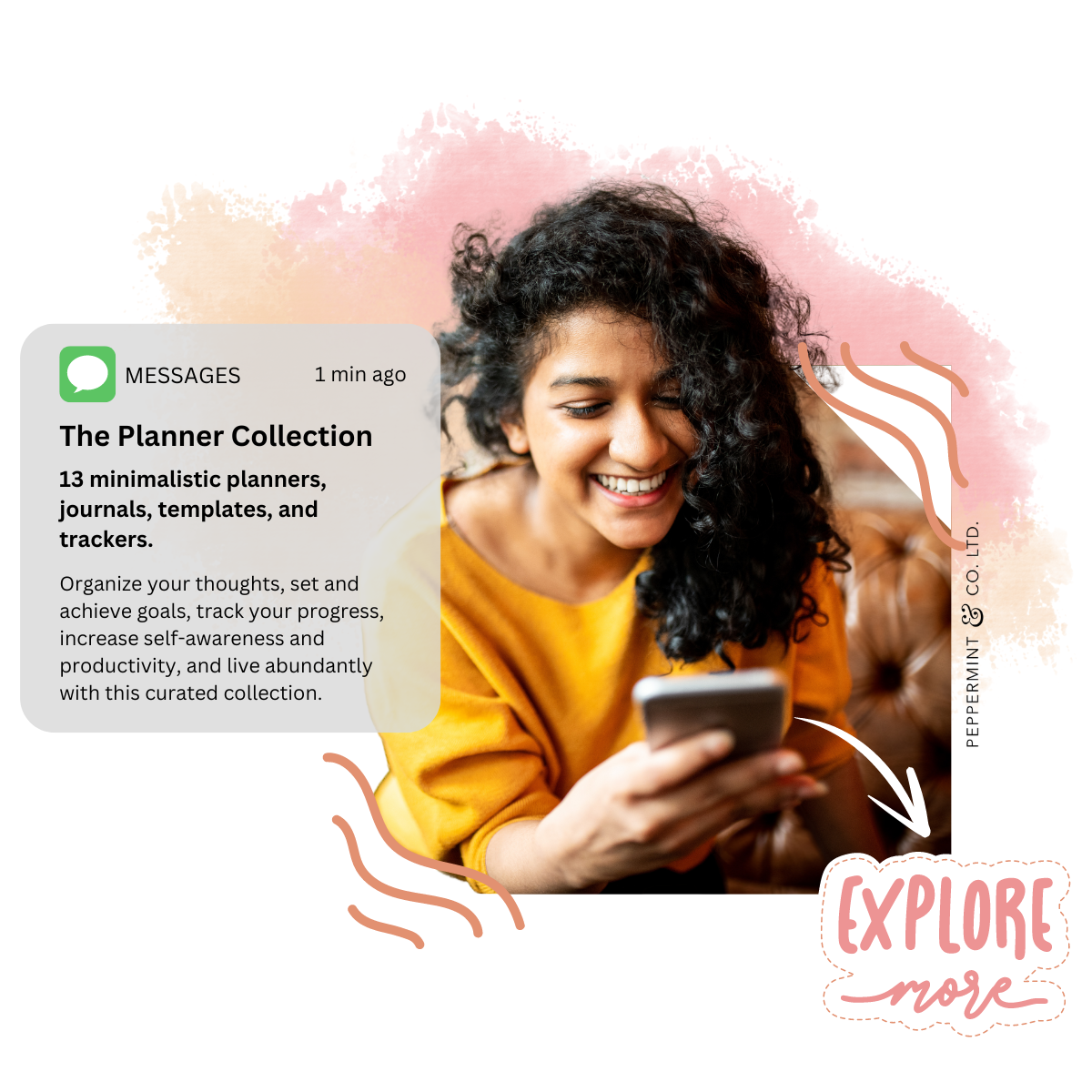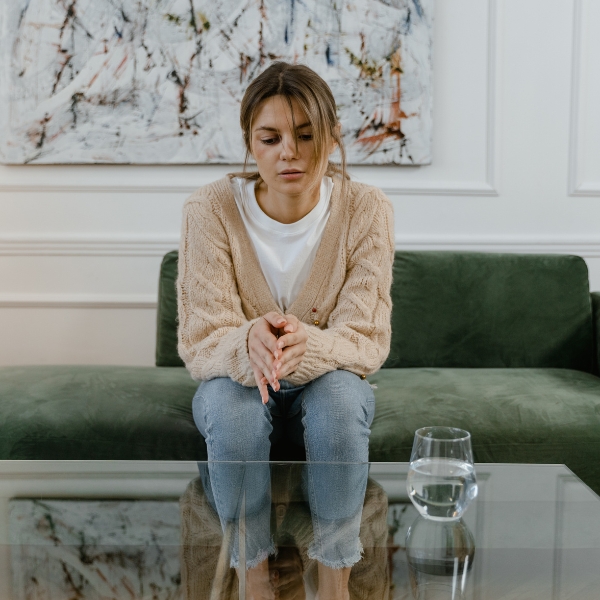How To Figure Out What We Want To Feel Versus What We Want To Have. Want to Feel Fulfilled? Here’s How to Find What Truly Matters.
Understanding the difference between what you truly want to feel and what you think you want to have can lead to a deeper sense of satisfaction and purpose. Often, we chase external goals — be it career, possessions, or lifestyle — only to realize that these don’t fulfill the feelings we hoped they would bring.
Experts like Dr. Brené Brown, known for her research on vulnerability and self-worth, highlight the importance of recognizing and prioritizing our core feelings rather than pursuing superficial achievements (see Brené Brown’s website for more on her work). Here’s how you can begin to manage this shift in focus to help find true fulfillment.
How To Figure Out What We Want To Feel Versus What To Have
- Identify the Feelings You Seek
Start by asking yourself: What do I really want to feel each day? Whether it’s peace, joy, connection, or excitement, get clear about the emotions that would make your life meaningful. For instance, Dr. Susan David, a Harvard psychologist and author of Emotional Agility, emphasizes naming and embracing the emotions we value most in our lives.
For example, back when I started playing badminton, I thought I just wanted to get better at it and have a sport to play. As I kept playing and got better at it, the more competitive I became, the more I felt uneasy. So I had to evaluate what was missing and how I can figure things out.
Later on, as I observed my experience and how I felt after games, I’ve realized that it wasn’t just the badminton sport itself that I loved, but also the feeling of belonging to a team. The more I switched partners (I play mixed doubles!) the more I felt alone. When I started to play with a handful of partners only and the more I played with the same partners, the more I felt part of a team and I then felt seen and heard. They get my weaknesses and strengths; it was an unspoken rhythm and play. I realized that was the feeling I was after. It was so much better to improve, learn, experiment, and stay competitive, while still being true to my style of play.
- Dig Deeper into Your Goals (How To Figure Out What We Want To Feel Versus What To Have)
When you find yourself pursuing a goal, pause and question if it aligns with the feelings you want to experience. For instance, if you’re chasing career success, is it because you want to feel secure, accomplished, or valued? This practice helps you understand if the goal is serving your emotional needs or if it’s just a societal or external expectation.
I found that as I grew older, I realized that when I diversify my “value”, I feel more confident and secure. This means that I feel valuable in multiple ways; in my business, my family, my part-time work, my badminton group, my friendships, my community, and more importantly, for myself because I honor the things I said I was going to do, making my past and future self align with my present self.
Focusing on the desired feeling and self and not the “outcome” is what helped me not get in the way of my own joy.
- Shift from “What I Want” to “How I Want to Feel”
Frame your goals around how you want to feel rather than what you want to acquire. If connection and community are feelings you value, then investing in friendships, social groups, or hobbies might be more fulfilling than career-related goals alone.
Before I got good at badminton, I would practice in my head and watch badminton games and visualize that it was me. I did it so much that eventually, I found myself doing the moves that I would not have done if my mind hadn’t recorded that memory before it happened. So when I got to play, it was not like I “want” to play well, it felt that I “feel” like I am already playing my best at the moment.
Not everything is visualization because your body has to also deliver. This means I did all my own workouts, drills, practice play, and all the necessary things to get my body to catch up to my mind who already visualized everything.
- Recognize When You’re Outsourcing Your Happiness (How To Figure Out What We Want To Feel Versus What To Have)
Many people look to external sources for validation or happiness, which can create a cycle of dependency and dissatisfaction. Psychologist Dr. Tara Brach suggests practicing “radical acceptance,” which involves appreciating the present moment without looking for external solutions. You can explore her insights on inner peace on her website.
With anything that I do now, I validate my own experiences and remind myself of all the things I’ve already done and not just survived, but also thrived. How I always rise up and trust myself and the universe. I’ve started to accept a lot of things that just don’t work out. With that, I know that when things don’t work, it is actually working out, just not the way I initially thought it would be.
I had to trace back how I got the voices in my head telling me “I’m not good enough..” or “I am a failure..” and address that voice kindly. “I have always gone through struggles and rise up. I am not a victim, I am a learner. I deserve the good things, vibes, and experiences and the learnings that come with all of it..”
- Surround Yourself with the Right People
If you’re aiming to feel supported and valued, consider whether your social circle aligns with those needs. Surrounding yourself with people who uplift you, understand your goals, and support your well-being can help create the feelings of connection or appreciation you seek, rather than chasing superficial connections or status-driven friendships.
Changing your group can be hard. It’s such a risk to take to surround yourself with new people because you also don’t know if that will work either and you’ll be back to the “unsure” stage. However, I have learned to shift my thinking into living my life in discovery while keeping a habit of protecting my peace and boundaries.
I allow myself to experience new people and not take things personally. I realized that how people treat you is just a reflection of themselves. I have also allowed myself to enjoy moments with random interactions and find joy in them. The more I opened myself to expecting and believing that I deserve to have great interactions, I found that when it doesn’t happen, I don’t take it personally that there is something wrong with me, I just take it as part of the journey. It’s like passing through traffic to get to your destination, you can either choose to get upset in traffic or just enjoy music and sing in the car as you let traffic pass by to get to your “destination.”
How To Figure Out What We Want To Feel Versus What To Have: When I started my own fitness journey years and years ago, it was so hard to change because people around me were just not interested in changing their lifestyle the way that I did. So when I started to show up more at the gym and some fitness classes, eventually I was able to meet people and have small conversations about their lifestyle and diet. These small interactions helped me a lot to not feel alone. It almost made my fitness journey normal and beautiful. I was able to share it with people who actually “get” it and it was such a great blessing.
More importantly, I started to “believe” in my decisions and is now more confident in pulling them off.
- Practice Gratitude and Reflection (How To Figure Out What We Want To Feel Versus What To Have)
Gratitude journaling can help you recognize the moments that genuinely bring you joy and fulfillment. According to positive psychology, noting even small, everyday joys helps you shift your focus from material or status goals to the feelings these moments bring, enhancing long-term happiness.
Every day I find myself in awe of how much blessings I receive in the most unsuspecting places and people. It’s like the universe just knows when and where exactly things will happen. And sure, sometimes I get impatient and try to control the situation, but at the same time, I am so thankful that I surrender after doing my best. It’s like a voice in my head saying, you what you need to do and the universe will work its magic. Surely enough, it always does.
- Set Intentional Goals
Choose goals based on the feelings you want to nurture, whether it’s peace, excitement, or creativity. For instance, if you want to feel peace, you might prioritize goals around self-care, mindfulness practices, or simplifying your schedule.
I no longer overpack my schedule like I used to. I now enjoy drinking coffee without checking my email. Watching my favorite sport without doing anything. I try to only do one thing at a time. For someone who has been taking pride in “multi-tasking”, this was a really hard thing to do. I found that my strategy and intention of taking on or doing something is more important than the quantity of things I do. Meaning, that I am okay to not eat out every day if that means I don’t have to take on back-to-back projects because I now intentionally prioritize my peace and self-enjoyment rather than outsourcing it through eating out.
- Limit Social Comparisons
Avoid basing your goals on what others are doing or achieving. According to social psychologist Leon Festinger’s theory of social comparison, people often assess their worth based on others, leading to dissatisfaction. Instead, stay focused on what genuinely resonates with your values and desired feelings.
In essence, I started “doing me” – embracing where I am at, thanking my past self for signing me up for things, celebrating my present self for honoring my past self and showing up, and of course, looking forward to meeting my future self and enjoying everything we talked and dreamed about.
- Check in Regularly (How To Figure Out What We Want To Feel Versus What To Have)
Goals and feelings can change over time. Schedule regular check-ins to evaluate whether your current pursuits still align with the emotions you want to cultivate. Practicing mindfulness through journaling or meditation can help with this self-reflection and make it easier to recognize and adjust your goals as needed.
Being sensitive to “nudges” helped me pay attention to shifts in my energy. I am now much stronger to let go of things that no longer serve me. I do acknowledge that some things and people were absolutely a great help and part of that specific season of my life, but as I evolve, I know that these might also be people and things that I can no longer take with me on my journey moving forward.
I used to fear “starting over” that’s why I didn’t want to leave anything behind, but I’ve learned that they are building blocks and not anchors. I am using them to move forward and not to keep me in the same place. No matter how much I work hard and trust the universe, if I don’t let go of that anchor, my ship will not sail forward.
How To Figure Out What We Want To Feel Versus What To Have: By focusing on the emotions you want to nurture rather than material or status-based goals, you set yourself up for a life that feels fulfilling and aligned with who you truly are.










